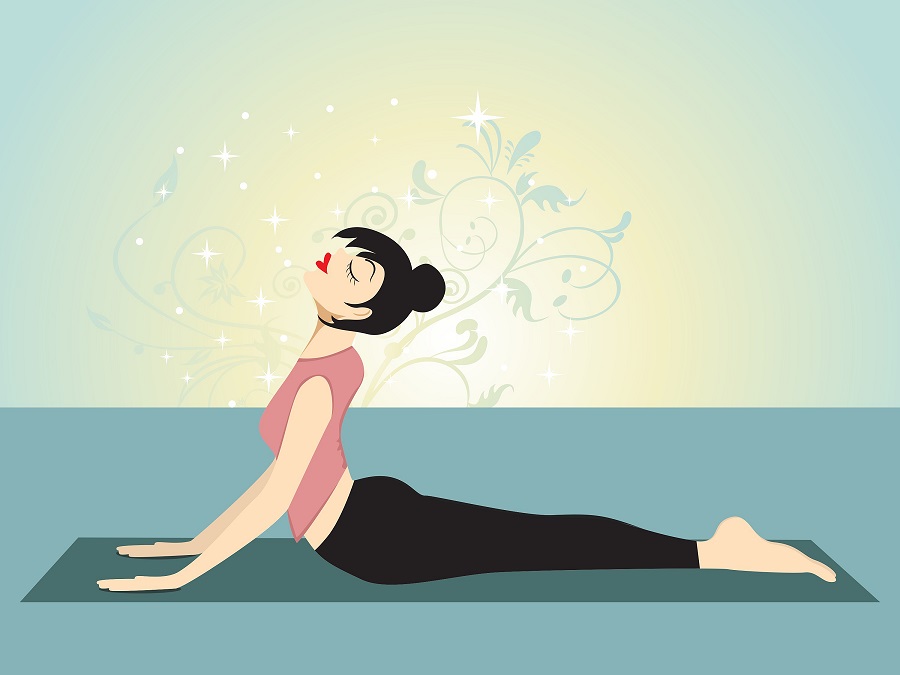Stress Management Techniques for Students: Yoga
Mar 29, 2023
This paper aims to explore yoga as an effective stress management technique for students. Yoga is a form of exercise that combines physical postures, breathing exercises, and meditation. It has a wide range of benefits such as improving strength and flexibility, increasing relaxation, reducing anxiety and tension, enhancing concentration, calming the mind and body, improving sleep quality and overall well-being.
In this paper we will discuss how yoga can be used by students to manage their stress levels during their studies. We will look at the different types of yoga poses that are beneficial for stress relief and consider how these can be incorporated into daily life. We will also review other aspects of yoga such as guided meditations or pranayama (breathing) which can help reduce any negative feelings or thoughts. Finally, we will look at the importance of finding a safe space to practice yoga and how it can help students to manage their stress in the long term.

Yoga poses create physical awareness which helps individuals become mindful of their body and its limitations. This encourages relaxation and reduces both mental and physical stress levels. A few key poses that are beneficial for stress relief include: Child’s Pose (Balasana), Downward Facing Dog (Adho Mukha Svanasana), Warrior I
(Virabhadrasana I) and Corpse Pose (Savasana). Each pose has specific benefits such as improving flexibility, increasing focus, reducing anxiety levels or calming the nervous system. By incorporating these into a daily yoga practice, students can effectively reduce their stress levels.
It is also important to consider other aspects of yoga such as meditation and pranayama, which can help to reduce any negative thoughts or feelings. Guided meditations that focus on breathing techniques are beneficial for relaxation and stilling the mind. Pranayama (controlled breath work) has been proven to reduce stress hormones in the body while calming both our mind and emotions.
Yoga is not only beneficial when practiced in a class setting but it can be done almost anywhere; at home, outdoors or even just a few minutes before an exam. It is important to remember that consistency is key when practicing yoga and developing healthy habits so it’s best to find a schedule that works for you.
In conclusion, yoga is an effective stress management technique for students. It can help reduce both physical and mental tension while promoting relaxation and overall well-being. By incorporating regular poses into daily life, guided meditations or pranayama exercises, students can effectively manage their stress levels during their studies. By finding a safe space to practice yoga, students are more likely to maintain healthy habits which will ultimately benefit them in the long term.
